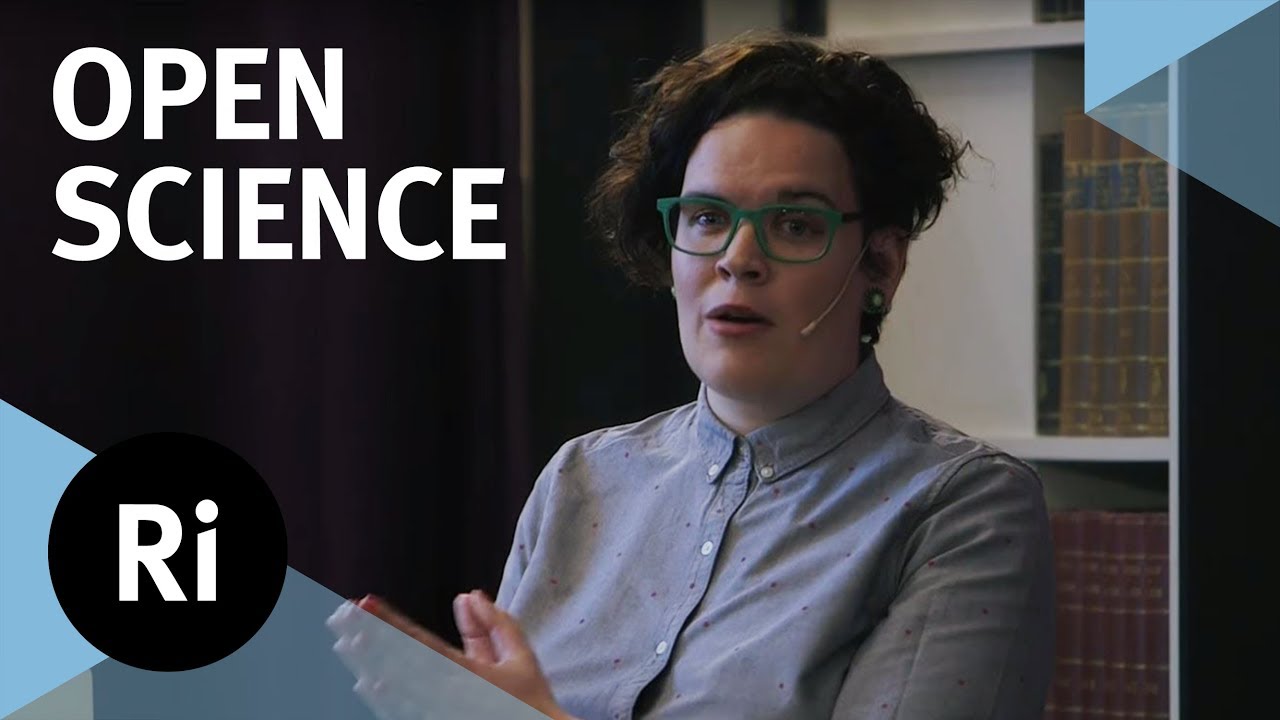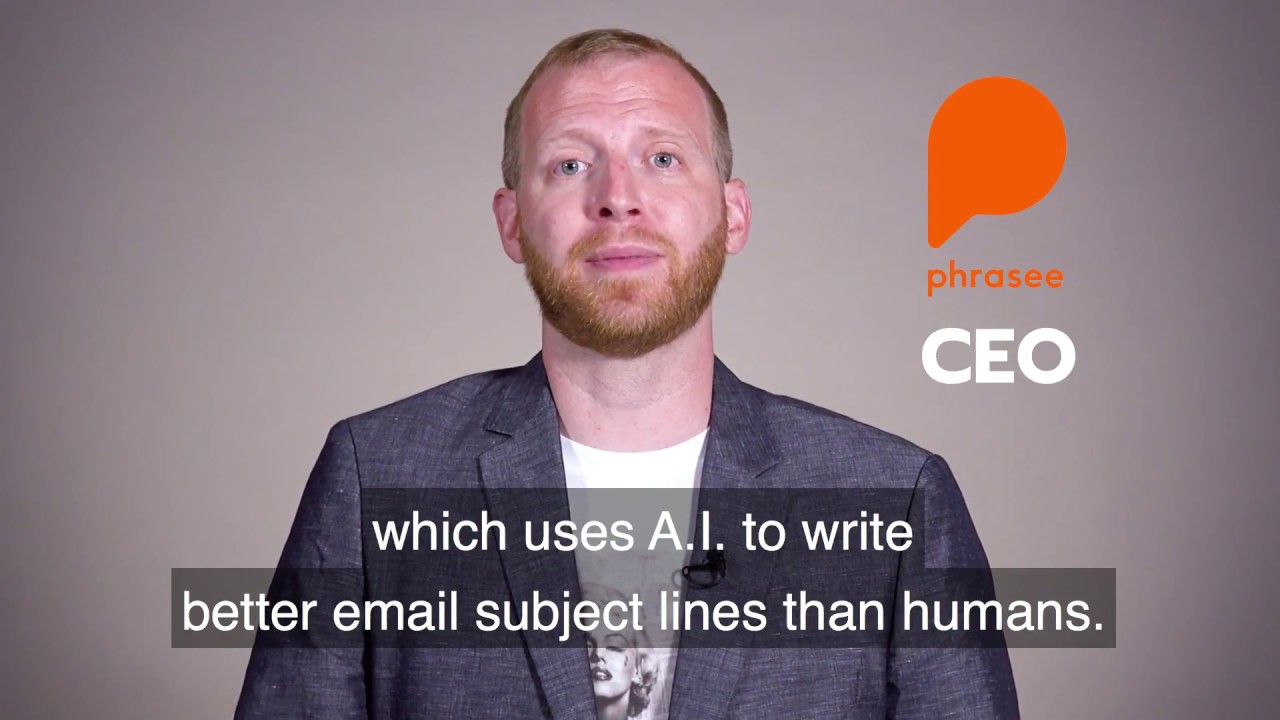The Royal Institution
Open science is a movement for making scientific research accessible for everyone, both academics and laymen, Alice Williamson explains.
Subscribe for regular science videos: http://bit.ly/RiSubscRibe
Chemist Alice Williamson is an active member of the open science movement and believes science is better and more efficient when ideas and data are shared. Find out more about the push to make science more open and her efforts to involve students, citizens and scientists in finding a cure for malaria.
Watch the Q&A: https://youtu.be/FkVtoiT-SC8
Alice Williamson is a chemist, lecturer and science communicator based at The University of Sydney. Originally from the North West of England, Alice completed her PhD at the University of Cambridge, where she worked with colleagues to develop two new chemical reactions.
This talk was filmed in the Ri on 4 October 2017.
—
A very special thank you to our Patreon supporters who help make these videos happen, especially:
Alessandro Mecca, Ashok Bommisetti, Avrahaim Chein, bestape, David Lindo, Elizabeth Greasley, Greg Nagel, Lester Su, Rebecca Pan, Robert D Finrock, Roger Baker, Sergei Solovev and Will Knott.
—
The Ri is on Patreon: https://www.patreon.com/TheRoyalInstitution
and Twitter: http://twitter.com/ri_science
and Facebook: http://www.facebook.com/royalinstitution
and Tumblr: http://ri-science.tumblr.com/
Our editorial policy: http://www.rigb.org/home/editorial-policy
Subscribe for the latest science videos: http://bit.ly/RiNewsletter
Source




THIS IS AWESOME!
An excellent presentation! Fascinating project but more importantly, a fascinating and economical way of working!
Third!
"Suggestions are the best form of criticism"? Assessment by as thorough observation in context as available also/instead? It was the method taught to Science Students in Experimental Practices. (Conversely, the "Conclusions" drawn at the end of the write-up should be revised to "Future Research Indicated"? As an adaptation of general reiterative methodologies of the nature suggested in the lecture)
Thank you, it is good to know some students are getting real education. Ferydoon Shirazi.
Peer review is not all it's cracked up to be also. Open access sheds more light on peer review.
I don't care about it being more open, what it needs, is to be more honest, the scientific community has come to tolerate politics infiltrating it, especially when it comes to some very bad climate science and gender politics.
That Usain Bolt intro though, brilliant. THAT is how you start a speech.
Dig deeper and connect the missing nods with mathmatical proof.
No bigamy but too open
Bloody Hell, Brookside?! When did they last watch a soap?!… or am I watching an old video?
I really liked the lecture and the passion that Alice brought across.
I am fully convinced that where public money goes into research the results are to be publicly available.
Also I have to say that I am sorry to see no German university participating (being from Germany).
Psychedelics increase openness.
These Ri videos are so good. Why do they get so little traffic?
1) Shorter — They might be too long, for starters. Limiting the length of talks to ~20 min and then adding Q&As and appendices after will be a good constraint on often long-winded academics, and will make them more digestible.
2) "Get something" — Ri videos are "topical" so they don't really seem to "give" you anything. If the titles framed the topic more as something the watcher GETS by watching, e.g. "Alice Williamson shows us how to open up science and to it better and faster." Now I feel like I'm getting something, or participating in something bigger.
Pedantry alert, re the Bolt opening. He doesn't accelerate in the 2nd half of the 100m, nobody does, sprinters do their acceleration in the 1st half of the race and then hang on, attempting to maintain their speed or decelerate as slowly as possible. Bolt was able to a) achieve a high top speed and then b) decelerate more slowly than the others, which is why he always surged through in the 2nd half of his 100m races. Also, the "tunnel". Sprinters always talk about "running their own race", if anything they are trying to create a mental tunnel and run down it without reacting to the other competitors, since that might lead to loss of relaxation and consequent loss of speed as they "tighten up". Easier said than done, but that's the aim. So, whilst I appreciate what you're trying to say, the choice of a 100m race as an example probably isn't the best.